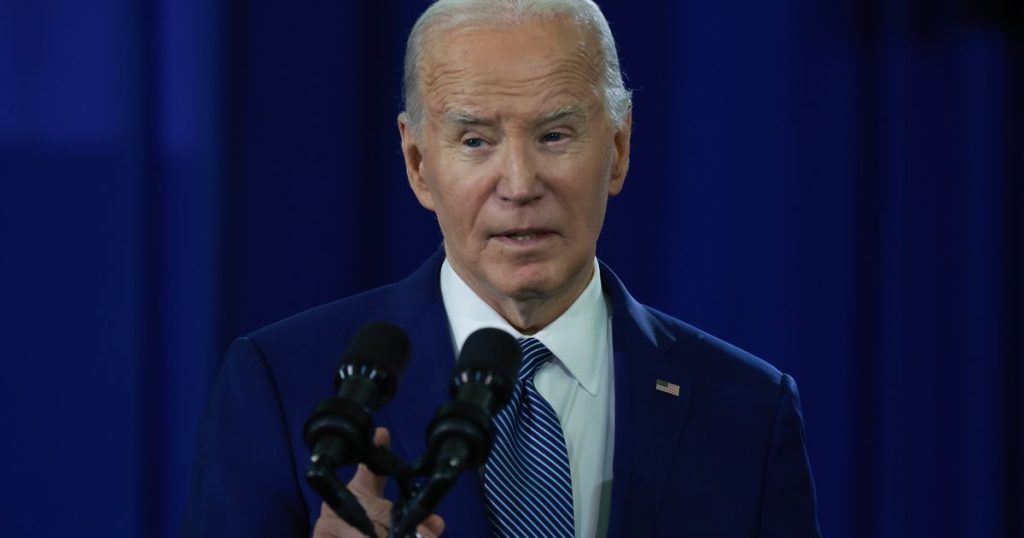President Joe Biden has secured billions in funding for solar manufacturing in the United States through his climate-spending law. This has prompted Korean panel giant Qcells to invest $2.5 billion in building the country’s largest photovoltaic factory in Georgia. The federal government is also showing support for the solar manufacturing industry in the U.S. Biden recently signaled plans to impose trade restrictions on imported Chinese panels, following a petition from U.S. solar manufacturers alleging illegal subsidies in China. The manufacturers claim that cheap panels from China are flooding the market, making it difficult for American factories to compete. They are urging the government to investigate whether panel producers in Southeast Asian countries are also violating trade laws.
U.S. trade tariffs are already in place to raise the price of Chinese-made solar panels and ban imports from Xinjiang, where forced labor has been reported. However, American companies allege that Chinese firms are bypassing these restrictions by funneling products through Southeast Asian nations. U.S. companies involved in the petition include Conval Energy, First Solar, Meyer Burger, Mission Solar, Qcells, REC Silicon, and Swift Solar. The U.S. government invented solar panels over 50 years ago and once monopolized manufacturing, but production shifted to Asia in the 1980s. China has become the dominant supplier with the help of state-backed loans and low prices, driving many U.S. and European factories out of business.
Despite efforts to reclaim part of the market, U.S. manufacturers face stiff competition from China and Southeast Asian producers. The solar industry is booming in the U.S., with the majority of jobs in sales and installation benefiting from low-cost imports. Concerns about depending on a geopolitical rival for solar supplies have prompted policymakers to push for domestic production. Senator Jon Ossoff advocated for tax credits for U.S. solar manufacturers, but analysts doubt that this support will make American panels competitive. The solar industry faces challenges in gaining regulatory approval and implementing new grid infrastructure to support solar projects.
The U.S. imported around 25 gigawatts of solar panels last year, with prices dropping by 50%, indicating the widespread availability of cheap solar panels. Manufacturers argue that new import restrictions would not cause a price spike as solar is already the cheapest form of electricity. Solar projects await approval to connect to the grid, highlighting the need for improved regulatory processes and grid infrastructure. The solar manufacturing industry in the U.S. is racing to revive homegrown production in response to concerns about dependence on foreign supplies, particularly from China. Biden is taking steps to support American solar manufacturing, but challenges remain in competing with foreign producers and overcoming regulatory hurdles.


